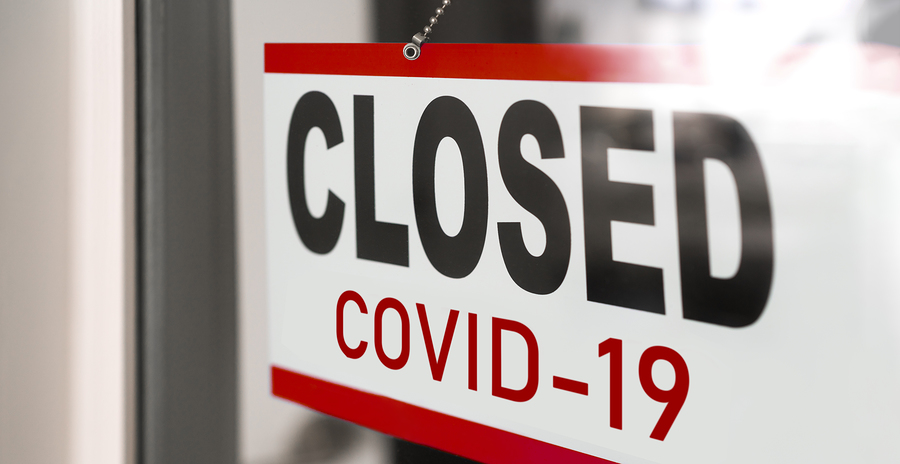If you are struggling to pay off business debts, filing for bankruptcy can help. A bankruptcy is not just a way to liquidate a business, it can serve as a way for you to keep your doors open while you reorganize and regroup. Business owners can file for Chapter 7, Chapter 11 or Chapter 13 bankruptcy. You may have questions about what types of business debts can be discharged in an individual Chapter 7 bankruptcy case. It depends ultimately on the type of business as well as the debt.
The types of debts that can be discharged in a Chapter 7 bankruptcy case include:
- Unsecured debts, such as credit card bills or medical bills;
- Some legal judgments;
- Unsecured debts owned by a sole proprietor;
- Obligations included under a lease or contract that were entered into by a sole proprietor, including commercial and residential property leases or equipment rental leases; and
- Personal loans or promissory notes.
This list of debts includes only unsecured debts, meaning these debts are not connected to collateral or a piece of property. Secured debts are handled under different rules and require other considerations and depend on other factors, including whether a deficiency between what the property is worth and the amount that is owed on the property exists.
If your business is a sole proprietorship, you and your business are treated equally, which means that any unsecured debt that was obtained under the sole proprietorship can be discharged through a Chapter 7 bankruptcy case. If the business owes on a secured debt, this secured debt will be treated just as it would be treated in an individual bankruptcy filing.
If the business is a partnership, it is considered a separate legal entity. If the partnership files for bankruptcy, no discharge exists for the business debt. Normally the bankruptcy trustee will close and liquidate the business, selling the business or its assets to pay off the creditors. In a general partnership, all partners are personally liable for any business debt under the partnership. If the partnership fails and the bankruptcy court must liquidate the debts of the business, if there is still money owed on the debts due to the assets not being enough to satisfy the debts, the bankruptcy trustee can go personally after the partners to satisfy any outstanding obligation. It is usually advisable for the individual partners to file for Chapter 7 bankruptcy in their own names and discharge both the personal and business debts.
If the business is a corporation, it can file for Chapter 7 but will not receive a bankruptcy discharge of the business debts. Just like a partnership, the bankruptcy trustee will close the business and liquidate it under a Chapter 7 case, using that money to pay off the outstanding obligations. However, since shareholders are normally involved in a corporation, other complications do arise when it comes to closing a corporation and paying off business debts.
Lastly, if the business is a limited liability company (LLC), the same rules apply. The LLC can be liquidated through a business bankruptcy, but the debts must be either paid through the assets of the business or the debts can be discharged through a personal bankruptcy case.
If you have questions on this topic or are in financial crisis and considering filing for bankruptcy, contact an experienced Miami bankruptcy attorney who can advise you of all of your options. As an experienced CPA as well as a proven bankruptcy lawyer, Timothy Kingcade knows how to help clients take full advantage of the bankruptcy laws to protect their assets and get successful results. Since 1996 Kingcade Garcia McMaken has been helping people from all walks of life build a better tomorrow. Our attorneys’ help thousands of people every year take advantage of their rights under bankruptcy protection to restart, rebuild and recover. The day you hire our firm, we will contact your creditors to stop the harassment. You can also find useful consumer information on the Kingcade Garcia McMaken website at www.miamibankruptcy.com
Related Resources: https://www.nolo.com/legal-encyclopedia/business-debts-discharged-chapter-7-bankruptcy-32415.html



